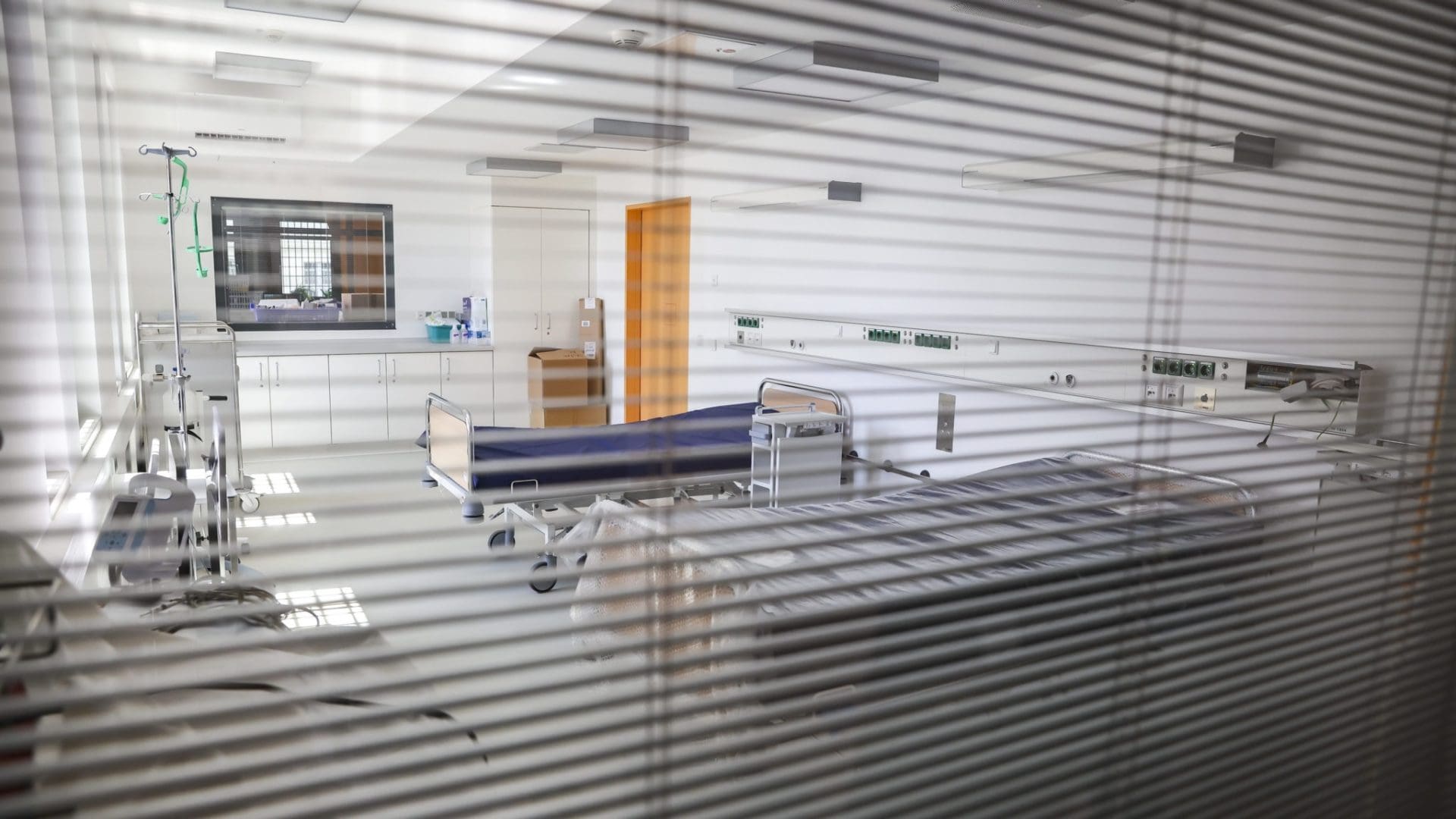Clinics in Germany are not only dealing with a serious labour shortage but also with inflation and soaring energy prices.
Healthcare Left with No Breathing Room
German clinics are dealing with a number of serious issues. Soon after the coronavirus crisis revealed the extent of the industry’s issues, inflation started to pose a significant threat to the institutions. As if that was not enough, another crisis emerged while healthcare was returning to pre-COVID mode: labour shortage. Many clinics are now so badly understaffed that they are hardly able to care for their patients. After the start of the war in Ukraine, energy prices jumped sharply, leading to an increase in overall utility expenditures. To make matters worse, all of the above contributed to a steady rise in inflation, which in turn hinders growth and investments in the energy sector.
Prices Increase
A Schwabmuchen clinic’s manager informed a Bavarian newspaper that the facility will incur increased electricity and gas bills of roughly 750 000 euros. Even before the start of the war in Ukraine, these little clinics had experienced the brittleness of the energy supply. For instance, the clinic’s service provider went bankrupt after becoming insolvent, forcing the clinic to quickly find a new one. A healthcare expert told the paper that German hospitals in general are experiencing difficulties. He emphasized that the new waves of the coronavirus pandemic, rising energy prices, inflation, and a lack of a competent workforce are all straining institutions.
‘Our chances of running into financial issues are rising. The vast majority of society is still unaware of how serious the situation is. Soon individuals will not be able to take it for granted that they can easily find a hospital to receive quality care and treatment as we go toward such drastic service cuts’, the clinic’s director warned. Modernization and development could lower additional costs; however, clinics, more often than not, lack the funding for these. Professionals generally concur that policy-makers pay insufficient attention to these issues, particularly the labour shortages that clinics face and the fact that the money spent on the industry is obviously insufficient to retain staff.
Energy Consumption
A facility with at least 600 beds would require as much energy as about three thousand houses
Because of the summer heat, hospitals require even more energy than usual, and the bigger the hospital, the more expensive it is to maintain. For instance, a facility with at least 600 beds would require as much energy as about three thousand houses, with yearly utility bills of over eight hundred thousand euros. Gerald Gass, the chairman of the German Hospital Association, said hospitals should plan for a three-fold increase in expenditures as a result of the current situation. He emphasized that ‘According to this calculation, 2.4 million euros are at stake. Hospitals are obviously unable to handle that kind of cost surge on their own’. Because hospitals rely on natural for some 90 per cent of their total energy need, they are quite susceptible to changes in the energy market. Gerald Gass emphasized that certain hospitals will have to permanently close down within a year or two if the financial stability of hospitals is not secured.
Stability, Dangers
It is quite apparent that the energy crisis is starting to hit key healthcare institutions. The German medical sector has already signalled that because of the crisis they are having shortages in medicines, which will only increase. The German situation does not bode well for other countries in the EU. If Germany starts to struggle, the impact could be tremendous on others as well. Unless the Ukraine war ends, the chances of curbing inflation and fixing such struggling sectors any time soon are slim.








